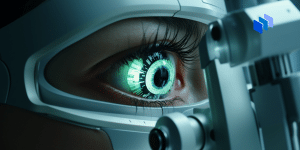What Does Active Component Mean?
An active component is a device that has an analog electronic filter with the ability to amplify a signal or produce a power gain. There are two types of active components: electron tubes and semiconductors or solid-state devices. A typical active component would be an oscillator, transistor or integrated circuit.
An active component works as an alternating-current circuit in a device, which works to increase the active power, voltage or current. An active component is able to do this because it is powered by a source of electricity that is separate from the electrical signal.
Techopedia Explains Active Component
The majority of electronic devices are semiconductors, the most common of which is a transistor. A basic transistor is generally used in an amplifier, which increases the active current I/O signal using a direct current (DC) power supply to provide the necessary power.
An active device has the ability to control electron flow and either allows voltage to control the current or allows another current to take control. Voltage-controlled devices, such as vacuum tubes, control their own signal, while current-controlled devices, such as bipolar junction transistors, allow one current to control another.
All active components require a source of energy, which generally comes from a DC circuit. In addition, an active device can generally infuse power into a circuit such as a transistor, triode vacuum tube or tunnel diode.
A component that is not active is called a passive component. It consumes energy and does not have the ability to boost power. Basic passive components include capacitors, resistors and inductors.





